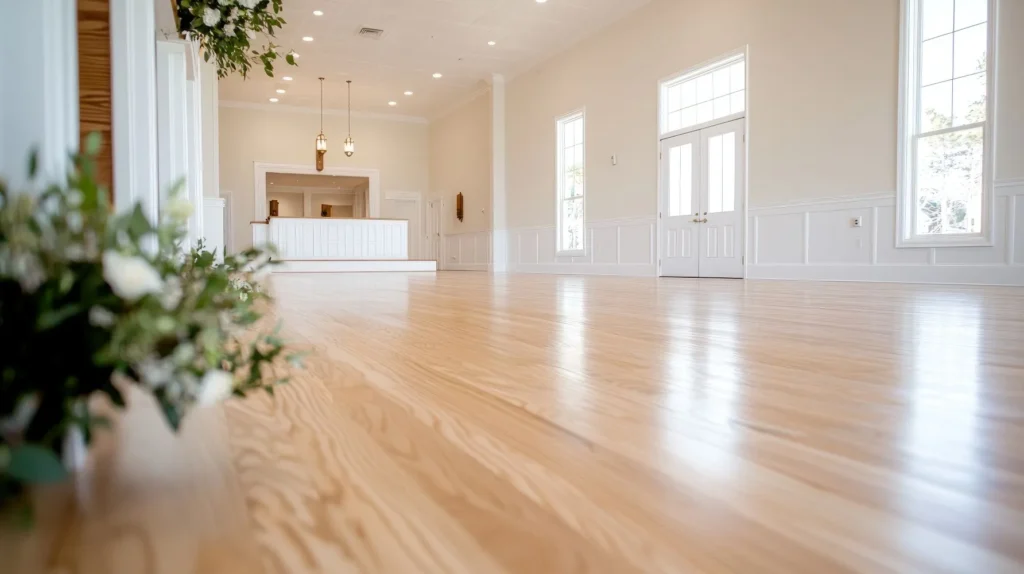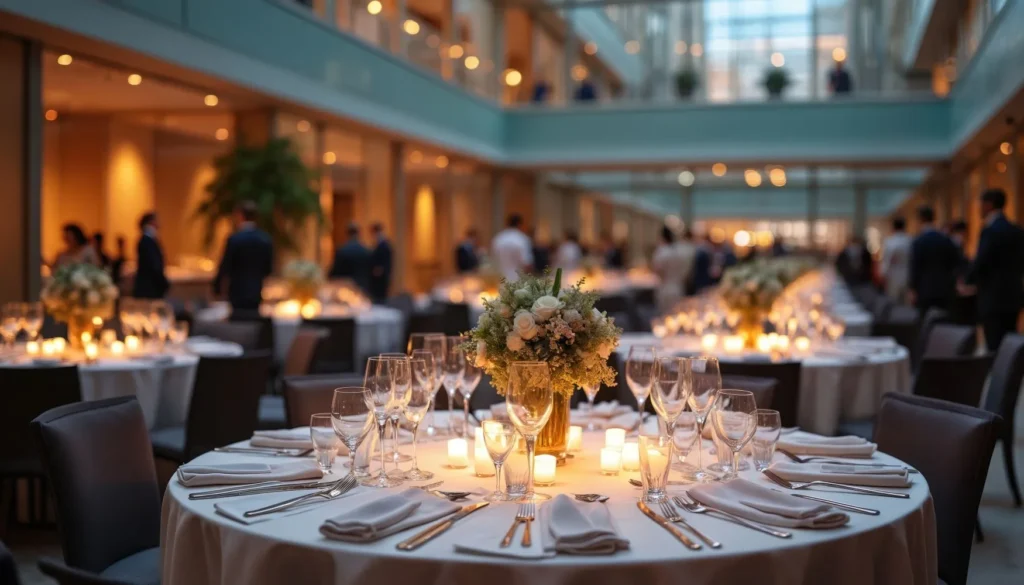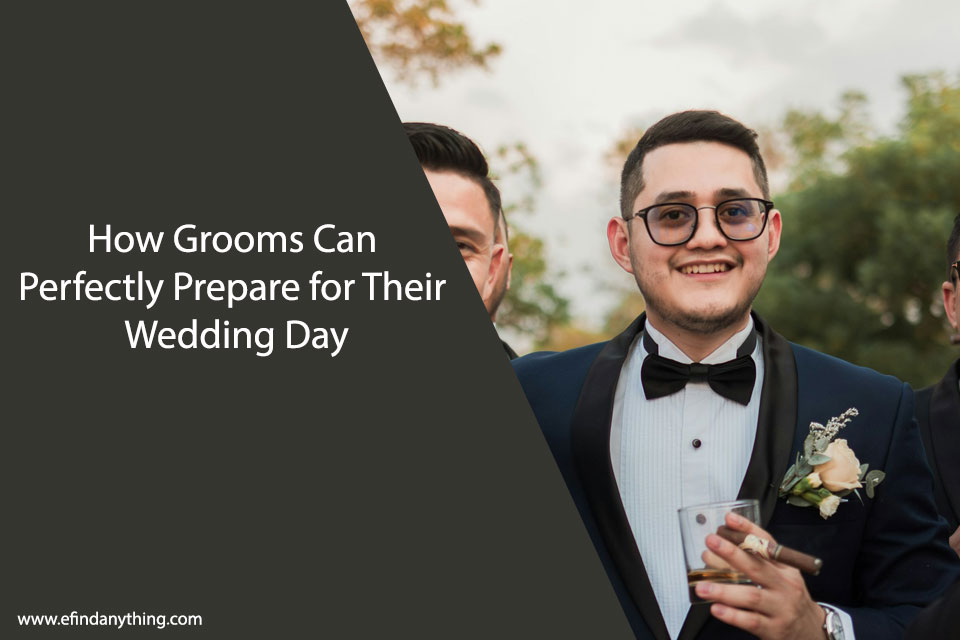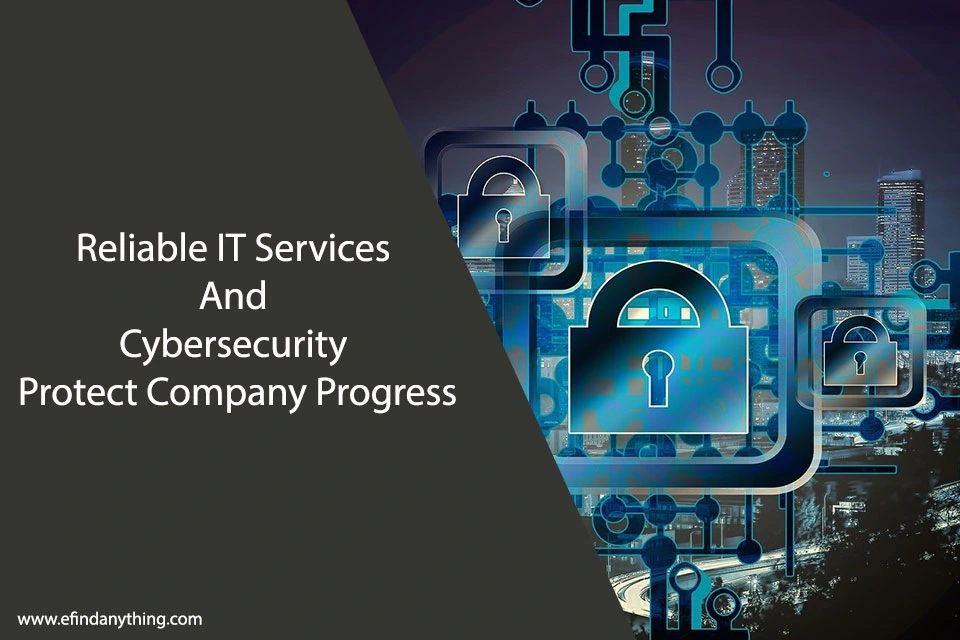
Selecting the perfect venue is an essential decision in planning any event, be it a corporate gathering, a wedding reception, or a milestone birthday celebration. The location can set the tone, influence the guest experience, and significantly impact the overall success of the function. A hasty or ill-informed choice can lead to unforeseen complications, budget overruns, and disappointment. Therefore, any event organizer must have a methodical and thorough approach to vetting potential spaces.
The following considerations can provide a comprehensive framework for making an informed decision:
1. Establishing the Event’s Purpose and Guest Experience
The foundational step involves defining the event’s primary objective and the atmosphere one wishes to cultivate. A corporate product launch can demand a different ambiance than a casual family reunion. Some key questions to ask include:
- Is the event formal or informal?
- Is the goal to educate, celebrate, network, or a combination?
The desired guest experience will directly inform the venue style, from a sleek, modern downtown loft to a relaxed, rustic garden setting. However, if you’re seeking a versatile and well-appointed function venue, considering options like the ROAR Bar & Grill can present a compelling case study of what to look for in a premium function space.
2. Budgetary Constraints and Total Cost Transparency
A clearly defined budget is the most critical practical consideration. It’s imperative to obtain detailed quotations from potential venues and scrutinize what’s included in the base cost. Many venues advertise a per-person rate, or a room hire fee, but hidden costs can quickly inflate the final bill.
Also, inquire about mandatory service charges, gratuity, corkage fees for bringing external beverages, cake-cutting fees, overtime charges, and any costs associated with infrastructure like audio-visual equipment or special lighting.
3. Capacity and Layout Logistics
A venue must be appropriately sized for the guest list. A space that’s too large can make a gathering feel sparse and underwhelming, while a space that’s too small can be uncomfortable and may violate fire safety codes. Beyond mere capacity, consider the layout options for the specific activities planned. Will a sit-down dinner require space for tables and chairs, a buffet line, a dance floor, a stage for speakers, or breakout areas for networking?
A skilled venue coordinator should be able to provide multiple floor plans that optimize the flow of the event and ensure all elements fit comfortably within the space.
4. Location, Accessibility, and Parking
The venue’s geographical location plays a significant role in guest attendance and convenience. A central location that’s easily recognizable and accessible via major highways or public transportation is ideal. Proximity to airports or hotels can be a major advantage for out-of-town guests.
Furthermore, ample on-site parking or validated parking arrangements at nearby facilities is a valuable amenity. If such options are limited, clearly communicating alternative transportation options, such as ride-sharing services or public transit routes, to guests is necessary.
5. Culinary offerings and Beverage Packages
Food and beverage are typically the most memorable aspects of an event. The quality, presentation, and variety of the menu are paramount. Schedule a tasting session to sample the venue’s offerings firsthand. Discuss menu customization options to accommodate dietary restrictions and allergies, such as gluten-free, vegetarian, vegan, or dairy-free choices. Equally important is understanding the beverage package structure.
6. Available Amenities and In-House Services

A comprehensive venue can provide essential amenities that streamline the planning process. These include tables, chairs, linens, basic dinnerware, and glassware. Many also offer in-house audiovisual equipment like microphones, projectors, and screens. Understanding what’s included and what requires an external vendor can save significant time and money. Some venues have preferred or exclusive vendor lists, while others allow outside vendors for services like photography, floral arrangements, or entertainment.
7. Contractual Terms and Cancellation Policies
Before committing, every detail of the agreement must be meticulously reviewed. The contract should explicitly outline the services to be provided, the payment schedule, the start and end times for venue access, and the cancellation policy. Understanding the force majeure clause, which covers unforeseen circumstances like extreme weather or other emergencies, is also critically important. A legally sound and detailed contract can protect the client and the venue, ensuring all parties have a clear and mutual understanding of expectations and responsibilities.
8. Professionalism and Coordination Support
The demeanor and expertise of the venue’s events team can make or break the planning experience and the event itself. A dedicated event coordinator acts as an invaluable partner, offering guidance, troubleshooting issues, and ensuring the day proceeds smoothly. Gauge their responsiveness, willingness to answer questions, and professionalism during initial tours and correspondence. An attentive and experienced team will alleviate stress and contribute significantly to a seamless and successful function.
9. Acoustics and Ambient Sound Control
The auditory experience within a venue is frequently overlooked until it becomes a problem. A space with poor acoustics can render speeches inaudible, make conversations during a cocktail hour difficult, and ultimately frustrate guests. During a venue tour, actively assess the acoustic environment. Large rooms with high ceilings and hard surfaces like concrete, glass, or hardwood floors can create significant echo and reverberation. Inquire about the venue’s solutions for managing sound, such as acoustic panels, carpeting, drapes, or built-in sound systems managed by a technician.
10. Contingency Planning and Weather Dependence
A thorough event plan accounts for unforeseen circumstances. A solid weather contingency plan is non-negotiable for venues with outdoor components, such as a garden ceremony space or a patio for cocktails. The venue must have a clear, equally appealing indoor alternative and a documented procedure for making the weather-related call close to the event date.
Conclusion
A deliberate and informed approach to selecting a function venue lays the groundwork for a memorable and flawlessly executed event. By keeping the information mentioned above in mind, you can mitigate risks and maximize the experience for every attendee. Ultimately, the right venue is the foundation for a successful and unforgettable occasion.











